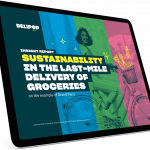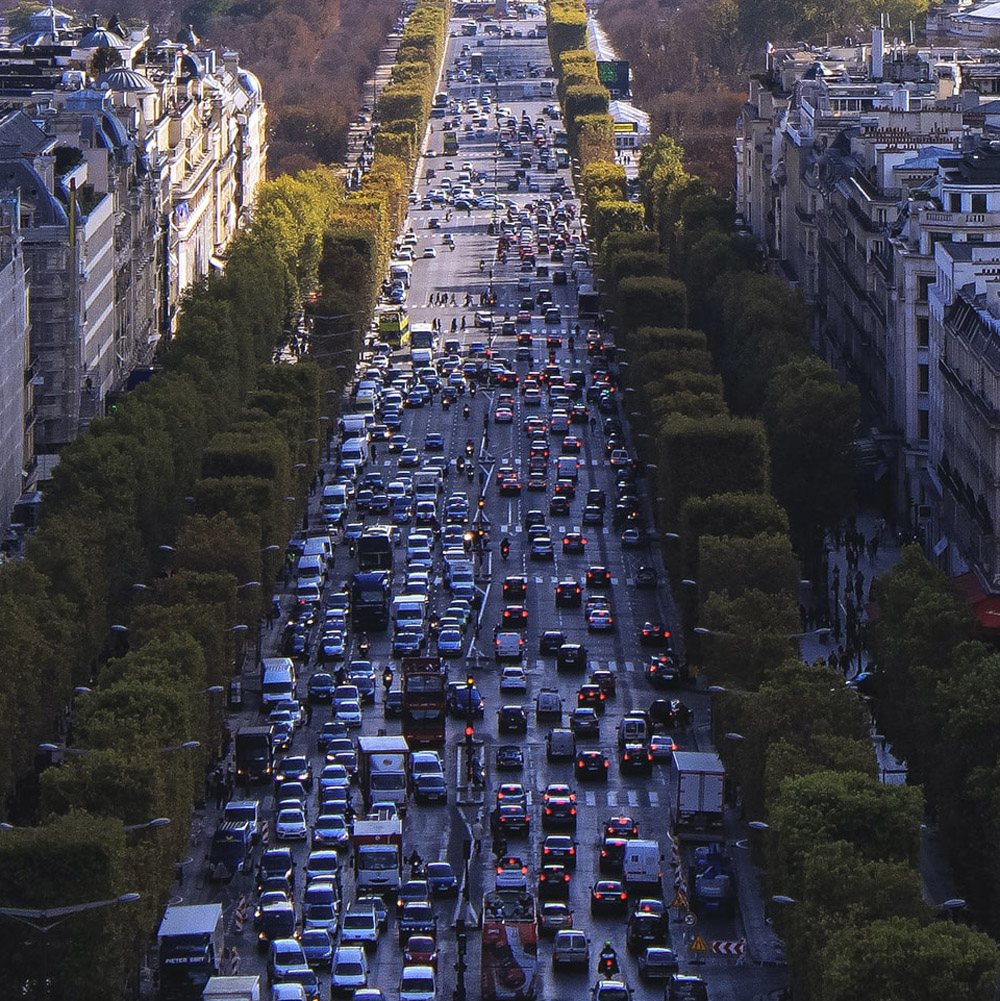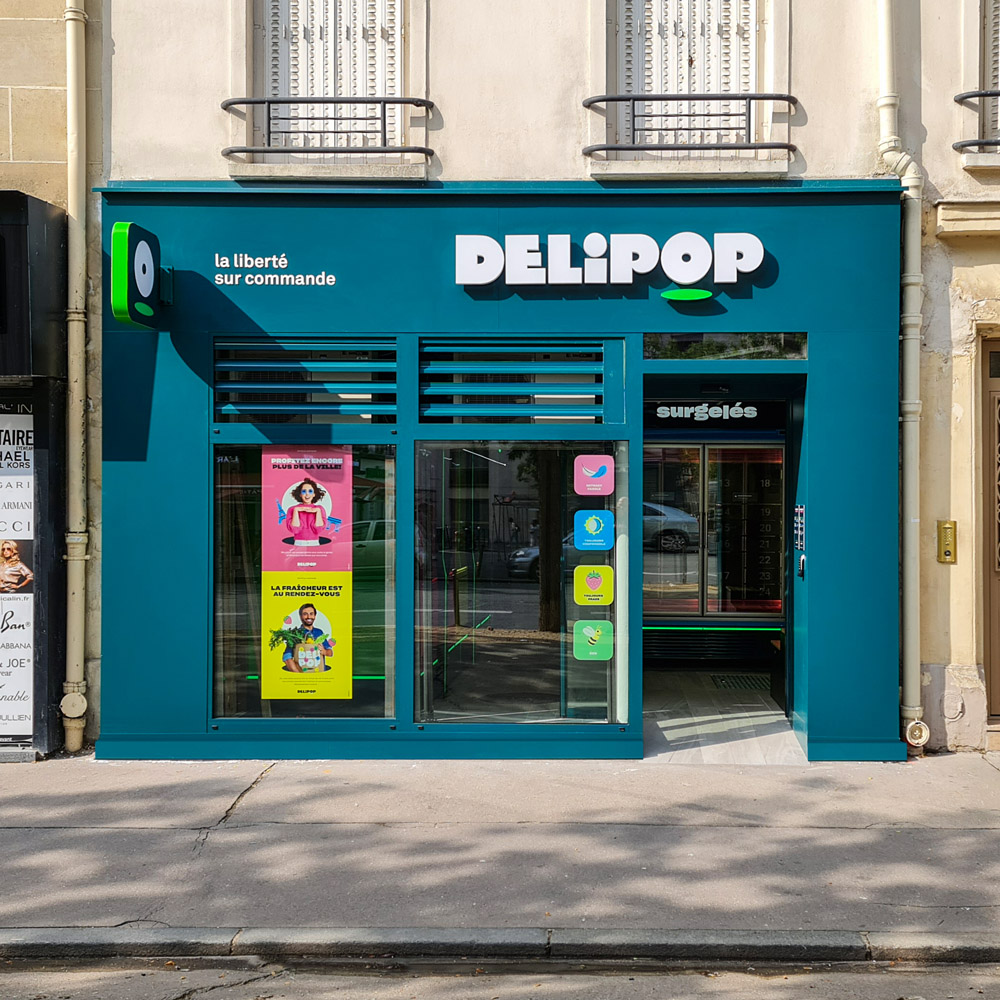Key insights

15x fewer kilometers driven = fewer cars, no blocked streets, no double parking
The Delipop network considerably improves the last mile, which is most problematic in inner-city areas. Merging volumes and massification is efficient in terms of emissions, road occupancy of delivery vehicles and number of vehicles. In this sense, Delipop provides an answer for all inner-cities problems with urban congestion.

Delipop network will save more CO2 emissions than are absorbed by all 500,000 trees in Paris
Approximately 500,000 trees are growing in Paris now and the city plans to plant 170,000 more to make it breathe better.
As far as CO2 emissions are concerned, the Delipop Network of 350 pick-up points in Paris can generate “savings” of 536,000 trees. That is only in comparison to home delivery.
In comparison to hypermarket shopping – the “savings” are even 3x bigger and comparable to a forest of over 1.8 mln trees!
As far as CO2 emissions are concerned, the Delipop Network of 350 pick-up points in Paris can generate “savings” of 536,000 trees. That is only in comparison to home delivery.
In comparison to hypermarket shopping – the “savings” are even 3x bigger and comparable to a forest of over 1.8 mln trees!

Eco impact: 91% less greenhouse emissions in the last mile and 77% less per order
The Delipop automated pick-up points model provides reduction of environmental impact. Even 91% less greenhouse emissions in the last mile!
According to the calculation, the Delipop model reduces the greenhouse gas emissions per order by 77% compared to the home delivery service and 92% compared to the hypermarket purchases. It also reduces the traveled kilometers per order by 92.5% compared to the home delivery service and 98.5% compared to the hypermarket purchases.
According to the calculation, the Delipop model reduces the greenhouse gas emissions per order by 77% compared to the home delivery service and 92% compared to the hypermarket purchases. It also reduces the traveled kilometers per order by 92.5% compared to the home delivery service and 98.5% compared to the hypermarket purchases.

Social impact: great consumer experience and very high general satisfaction
The satisfaction level of service stated by Delipop's users was very high - 4,45/5, examined at the end of the process at the machine from the opening to 28.03.2022. Also 38% of users placed their orders 3 times or more. According to the research, what attracts the most consumers is: proximity to their homes, free delivery, great customer experience, price advantage and wide range of products.

















